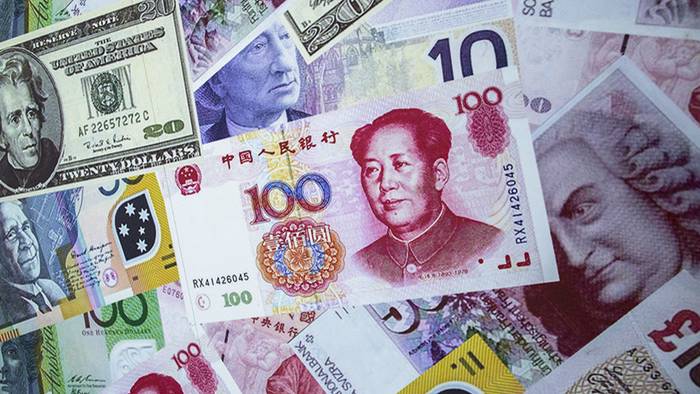The People’s Bank of China (BPC, central) announced that it will raise the requirement of foreign exchange reserves for the country’s banks from 7% to 9%, something that experts consider a maneuver to try to control the strong rise that the yuan has been registering since late summer.
The central bank indicated last night that this rise of 2 points will be effective on December 15 and explained that it made this decision to “strengthen the management of liquidity in foreign reserves of financial institutions.”
The official Global Times newspaper translates the announcement of the BPC as a measure “to curb the demand for the sale of dollars in exchange for yuan, thus reducing the upward pressure on the yuan.”
And, indeed, the ‘offshore’ exchange rate – the one negotiated in international markets such as Hong Kong – of the yuan against the dollar fell 0.6% in just one hour after the measure was known.
So far this year, the renminbi – the official name of the yuan – had appreciated more than 2.6% against the US currency, reaching its highest since May 2018 this week with an exchange rate of 6, 35 units per dollar.
This tool, active since 2004, determines the proportion of deposits denominated in foreign currencies that banks must keep as reserves.
This is the second time that the BPC has raised the ratio in 2021 – in June it raised it from 5% to 7% – after 14 years intact.
Recently, analysts at the investment bank CICC predicted that the yuan would face “downward pressure” from fiscal and monetary easing policies in China, which would boost domestic demand and, by extension, imports, reducing surpluses. trade, which have brought with them large inflows of dollars due to the strength of exports.
This same week, the BPC announced a reduction in banks’ cash ratio requirements that would free up some $ 188 billion in the financial system, as well as reductions in refinancing and rediscount rates to support small businesses and areas. rural.

